HVAC Advice and Tips
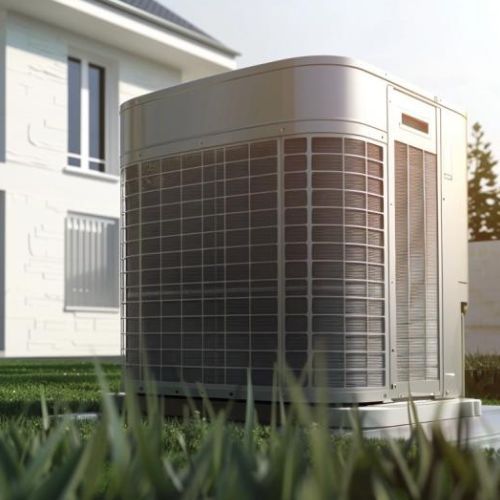
The Significance of Upgrading Your Home with a New AC Installation
TL;DR: Upgrading your home AC system brings energy efficiency, improved indoor air quality, and increased home value. Signs you need an upgrade include inadequate cooling, frequent repairs, and an old unit. Choose the right size and type of system based on your home’s needs. Professional installation and maintenance are crucial for optimal performance and avoiding […]
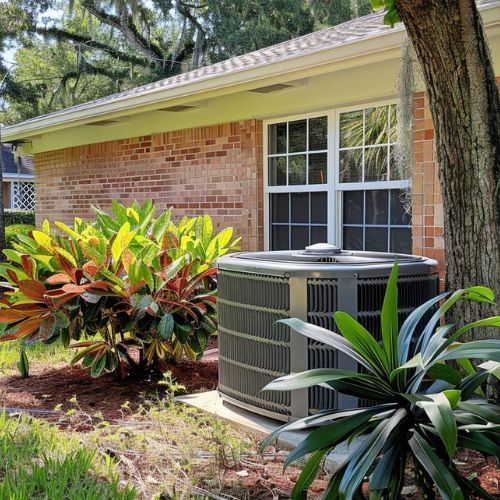
The ABCs of AC Maintenance Explained
TL;DR: AC maintenance boils down to understanding its components, performing routine checks, and addressing common issues. Focus on tasks like changing air filters (A), cleaning the outdoor unit (B), checking for leaks (C), inspecting ductwork (D), and cleaning evaporator coils (E). Consider switching to environmentally friendly coolants. Call professionals if you notice efficiency drops, strange […]
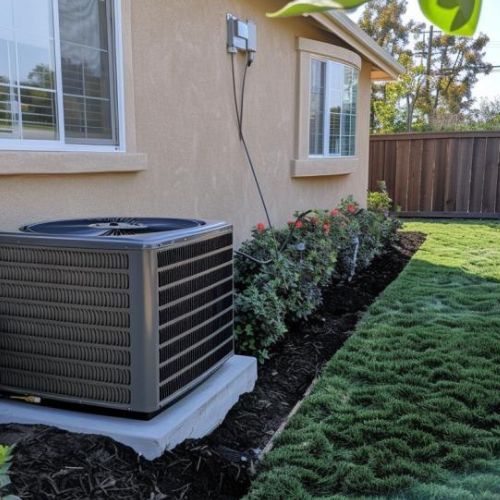
Discover How AC Maintenance Lowers Your Cooling Costs
TL;DR: Neglecting air conditioner maintenance leads to higher cooling costs and increased CO2 emissions. Regular upkeep improves energy efficiency, prevents costly repairs, optimizes refrigerant levels, extends lifespan, enhances indoor air quality, and ensures safety. Professional maintenance is crucial for thorough inspections, adherence to manufacturer recommendations, and regulatory compliance. Although there’s an initial cost, long-term savings […]
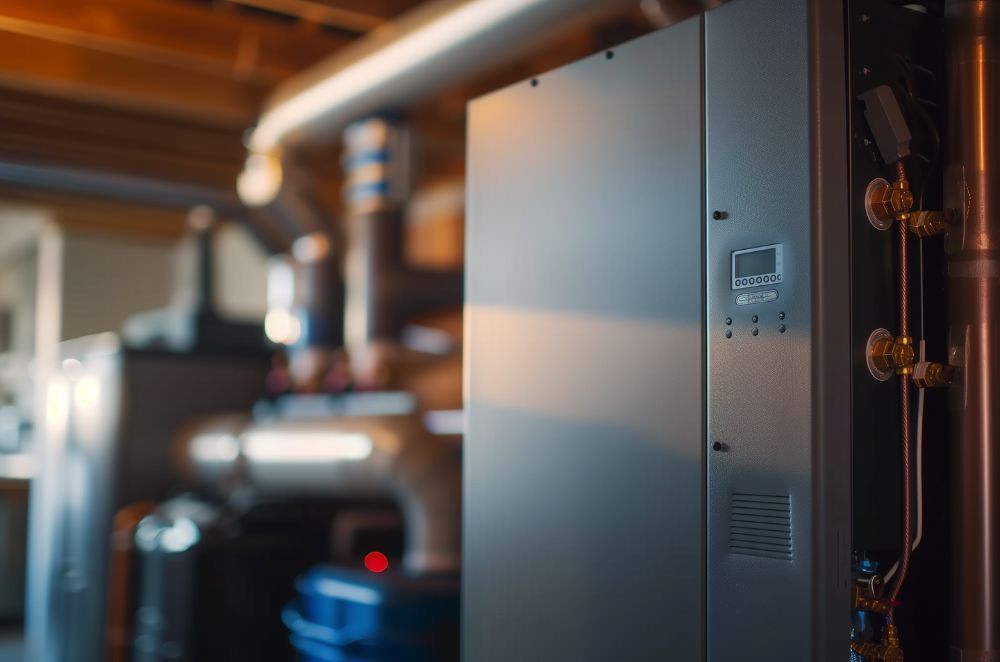
Can a Furnace Catch on Fire?
TL;DR: Yes, furnaces can catch fire due to improper maintenance, faulty installations, or component failures. Prevent these risks by ensuring regular professional inspections, clear surroundings, and prompt repairs. Always prioritize safety with yearly check-ups to keep your home safe and warm. The furnace plays a crucial role in keeping your home warm and comfortable, but […]

Elevate Your Workspace Atmosphere with Commercial HVAC Solutions
Explore how Elevated Comfort’s specialized commercial HVAC and plumbing services can transform your business space in Northern California into a comfortable, productive, and inviting environment.

Efficient HVAC Solutions for Your California Dream Home
Discover how Elevated Comfort’s HVAC services, tailored for Northern California homeowners, can optimize your home’s comfort levels while minimizing energy consumption.

Your Essential Summer HVAC Checklist
Discover the importance of annual AC maintenance and follow our summer HVAC checklist to ensure your unit is ready for the heat. Learn how Elevated Comfort can help NorCal homeowners with expert HVAC services.
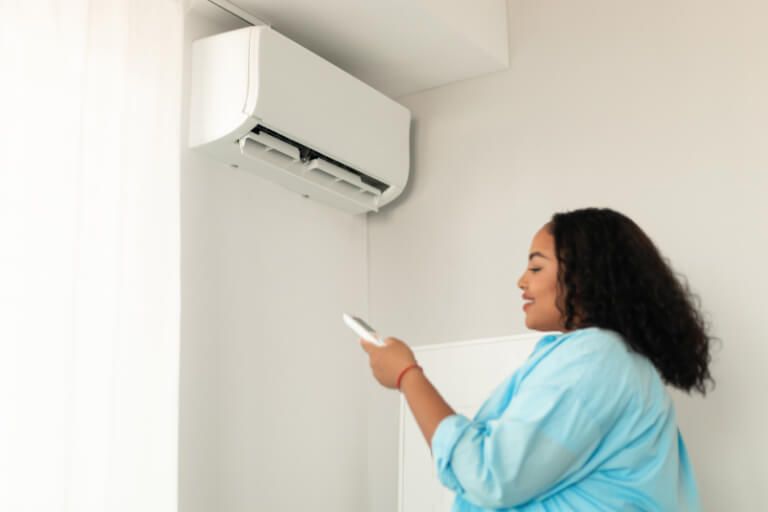
5 Benefits of Ductless Mini-Split Systems
Tired of battling sweltering summers and skyrocketing energy bills? Say goodbye to ducts and hello to a breath of fresh air with ductless mini-split systems. Discover the top benefits of going ductless, from enhanced comfort to significant savings.

California Heat Pump Rebates: Save up to $6,000
Discover how you can save money now and in the years ahead with California heat pump rebates. Get up to $6,000 in state and federal incentives for energy-efficient comfort.
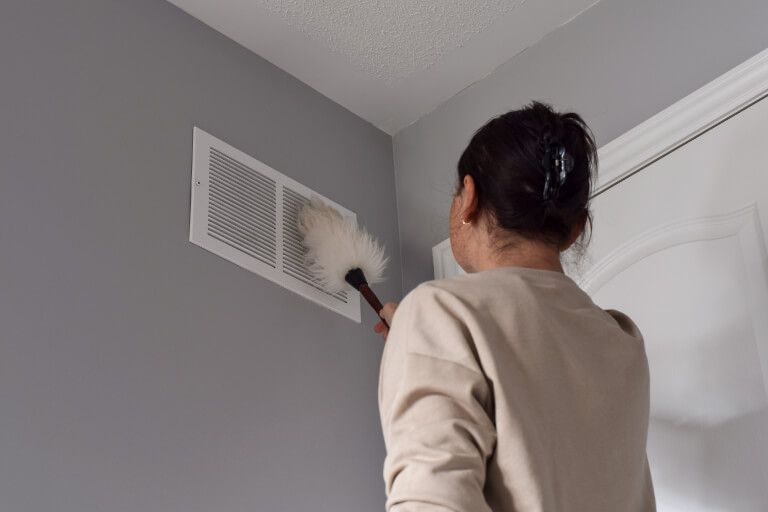
3 Ways Regular HVAC Maintenance Saves You Money
Regular HVAC maintenance can save money on your energy bills, prevent costly breakdowns, and extend the life of your HVAC equipment. Read on to learn more!
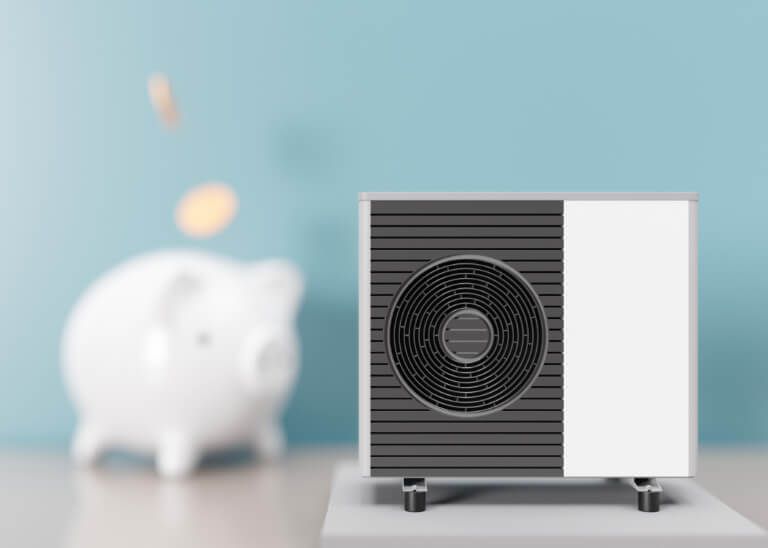
Heat Pumps: Expectation vs. Reality
Heat pumps are an excellent NorCal HVAC solution. They’re also one of the most misunderstood technologies in the industry. Read on to learn the truth.
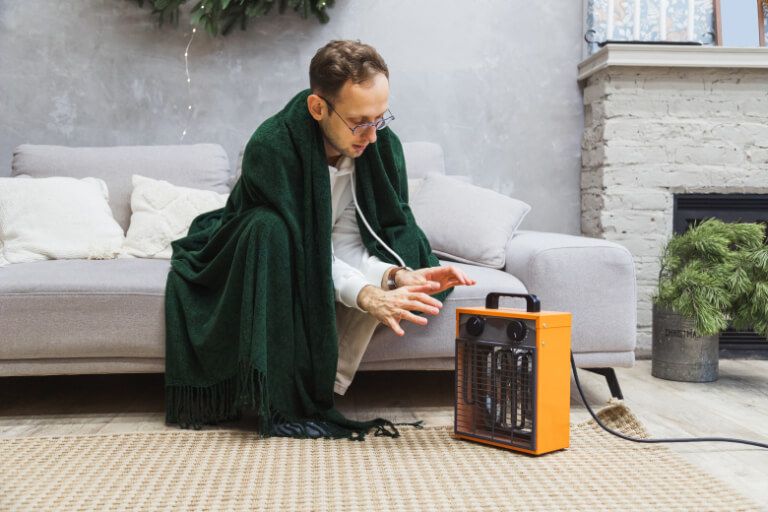
5 Signs Your Heater Needs a Tune-Up
Does your heater need a tune-up? Is it time to install a new system? Find out with this helpful guide from Elevated Comfort.